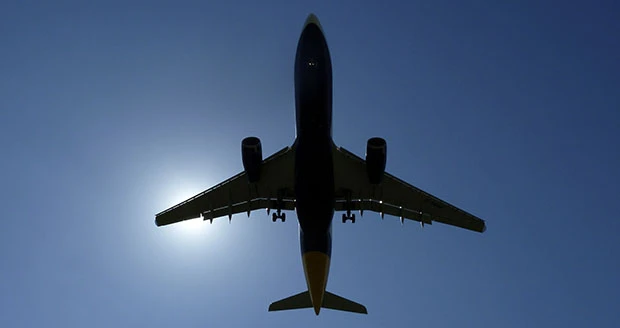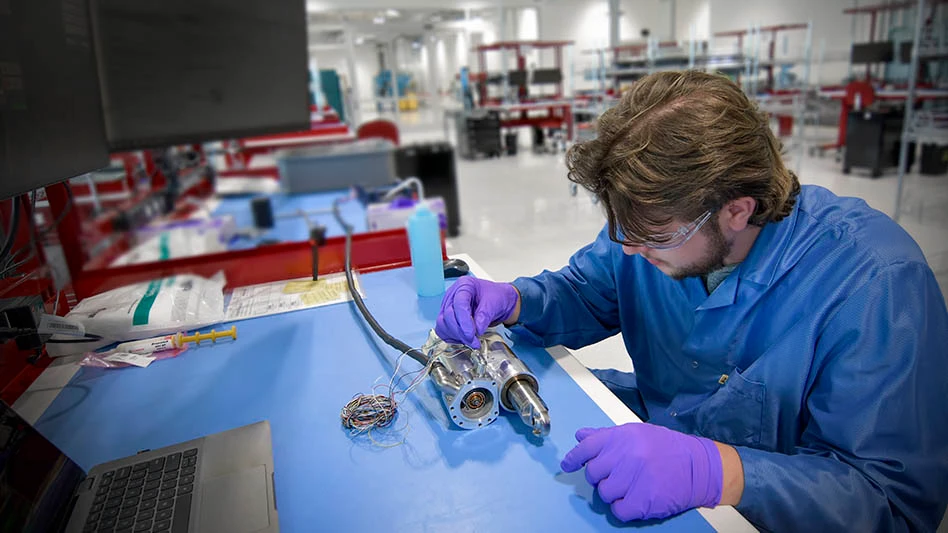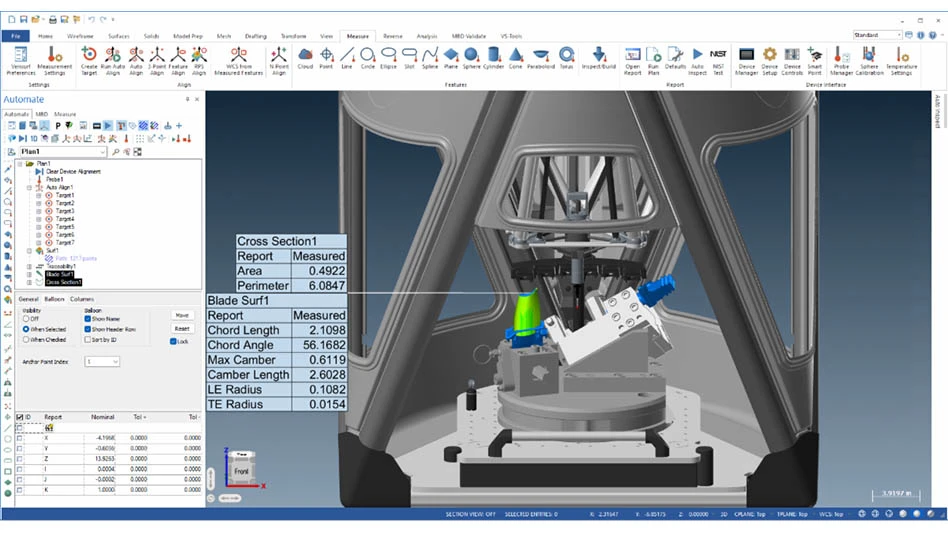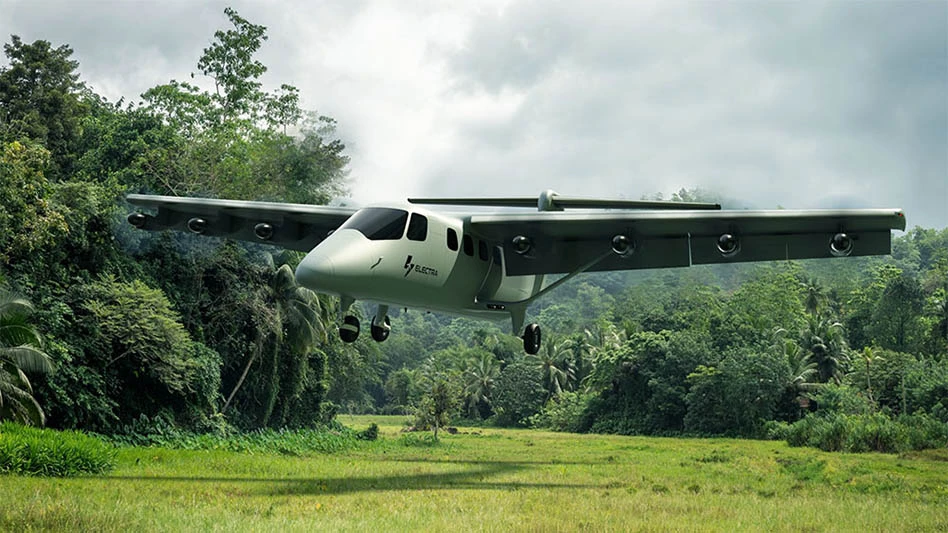
Toulouse, France – Airbus and South Africa’s National Aerospace Centre have agreed to jointly fund research by Hydrogen South Africa (HySA) into the application of fuel cells on airliners.
The initial three-year project, which will be undertaken by HySA Systems Competence Centre at its University of the Western Cape research facility, was launched in Cape Town, in the quest to make commercial air transport more environmentally and economically sustainable.
With demand for air transport doubling every 15 years, the global airline industry will require nearly 30,000 new aircraft (over 100 seats) by 2032. Simultaneously, the dual factors of high jet-fuel costs and industry commitments to halve 2005 CO2 emissions levels by 2050 are driving the search for alternative solutions to fossil-fuel based propulsion and energy sources.
Airbus has identified hydrogen fuel cells as a future, emissions-free substitute to small gas turbine Auxiliary Power Units (APUs), which are used for generating on-board electrical power and heat while the aircraft is on the ground. Almost every airliner designed and built since the advent of jet travel in the 1950s has been equipped with an APU, usually located in the tapered tail cone section of the rear fuselage. Replacing the fossil-fuel powered APUs with hydrogen fuel cells would help achieve the goals of emission-free and low-noise aircraft operation.
“This fuel cell project with HySA Systems Competence Centre and the National Aerospace Centre is the latest element of Airbus’s research and technology initiative with South Africa, which was launched in 2006 and involves collaboration with several of the country’s universities and research institutes. It underlines our commitment to South Africa, which is a significant market, hosts some of our most important suppliers, and is a vital knowledge partner for Airbus,” explained Dale King, Airbus’ senior manager, emerging technologies and concepts.
HySA Systems Director, Professor Bruno G. Pollet, said, “Although fuel cell technology for land vehicles has rapidly matured, the new research with Airbus and the National Aerospace Centre is aimed at gaining an understanding of how hydrogen fuel cells could perform over an aircraft’s service life while subjected to the harsh and rapidly changing climatic and environmental regimes that commercial jetliners operate in.”
Philip Haupt, director of the NAC said, “Hydrogen fuel cells technology is set to become a game-changer in aerospace and a number of other fields. This project provides global visibility of South Africa’s expertise in the field. In addition, by leading the project that will further the understanding and maturation of hydrogen fuel cell technology, South Africa will be able to place its advanced manufacturing sector in a prime position to take advantage of the inevitable opportunities that will emerge.”
Besides emission-free and low-noise aircraft operation, fuel cells would reduce the overall weight of aircraft, leading to lower fuel burn and operating costs together with further reduced carbon emissions during flight. As by-products, hydrogen fuel cells could enable aircraft to generate their own water supplies. They would also have a safety benefit through their ability to generate inerting gas used to reduce flammability levels in aircraft fuel tanks and for suppressing any cargo hold fires.
Fuel cells, because they do not have any moving parts, are less maintenance intensive than conventional APUs. They could also potentially replace heavy batteries and conventional fuel tank inerting systems. In doing so they would reduce the weight and fuel consumption of fuel cell-equipped aircraft.
Airbus has already performed test flights involving fuel cells to power individual emergency power systems. The knowledge and technology maturation is still on its way to reach a level to permit the complete replacement of the electrical power systems with a multi-functional fuel cell.
The project with HySA Systems Competence Centre will go some way to closing that gap. It is being undertaken at postgraduate level and will identify the factors influencing fuel cell performance, ageing, and monitoring and will then consider how these could be adopted for use in aircraft.
Source: Airbus
Latest from Aerospace Manufacturing and Design
- Demystifying Controlled Unclassified Information (CUI)
- Simplify your shop floor operations while ensuring quality parts
- Happy Independence Day - July 4th
- Bombardier receives firm order for 50 Challenger, Global jets
- Automatic miter bandsaw
- SAS orders 45 Embraer E2 jets with options for 10 more
- Height measuring instrument
- Shopfloor Connectivity Roundtable with Renishaw & SMW Autoblok





